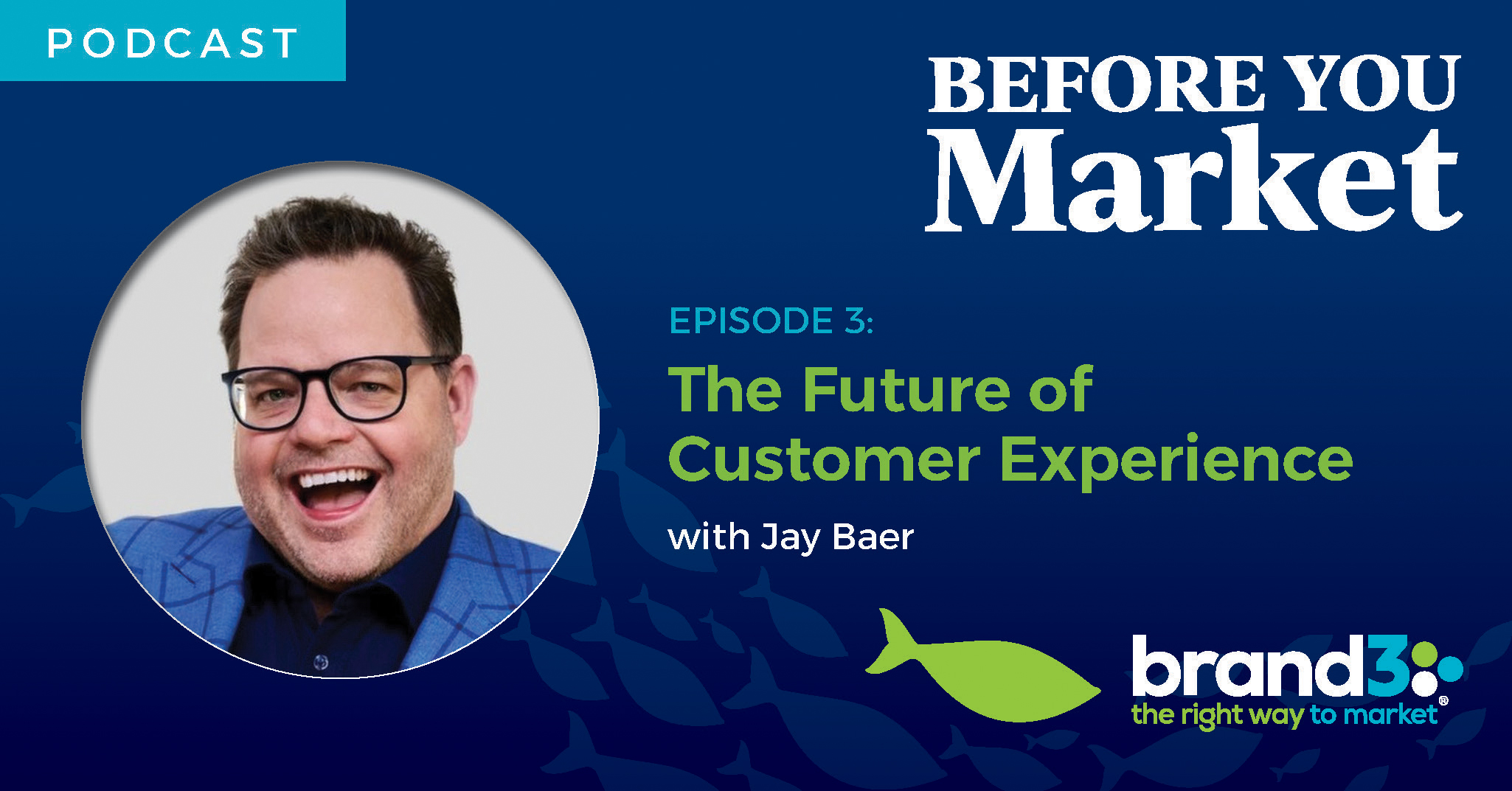
Meta, formerly Facebook, has made headlines in recent months regarding its huge revenue losses in advertising. They were quick to argue that Apple’s privacy changes in 2021 were the culprit, limiting accurate targeting, reporting, and optimization, with the iOS 14.5 update that rolled out in Spring 2021. Meta went so far as to publicly consider filing a lawsuit against Apple for antitrust violations. With all this saber-rattling, advertisers and business owners are left wondering, “Where does this leave us?”.
Consumer confidence in the social media giant has waned significantly over the years, as more users became aware of just how much data Meta was garnering from users’ actions both on the platform and off. It seemed like devices were listening as we talked to a friend about a new gadget we had heard about or a service that we needed. Almost instantly, our phones lit up with startling relevant ads that seemed to speak directly to us.
The digital landscape had long been seen as the Wild West, where programmers, developers, and Big Tech could operate with impunity as regulations were slow to catch up. It wasn’t until 2018 when the EU enacted The General Data Protection Regulation that we started seeing shifts in how tech companies changed the way they extract and keep user data.
For over 20 years, tech companies have been finding new ways to leverage user data in the most profitable ways. The vast majority of Meta’s profits come from advertising, and their behavioral, demographic, interest targeting has been some of the most robust of all the social media platforms. They have successfully appealed to small businesses, agencies, and giant corporations alike with promises of targeting the right people at the right time, improving sales and return on ad spend. But the push from consumers and governments to respect user privacy has driven Apple to institute sweeping changes that reduce visibility to user behavior.
With the rollout of iOS 14.5, Apple gave users more control of their data sharing. All app developers are now required to ask for user permission before they can track your activity for the purposes of advertising. This was a huge blow to Meta, which had amassed a fortune from mining user data to help advertisers construct target audiences for their products. Meta spent months prior to the release of 14.5 threatening lawsuits and launching a marketing campaign to paint Apple as the villain. Simultaneously, they prepared advertisers for the changes, built tools that aid in compliance and still provide advertisers with accurate ad performance reporting, and implemented updated policies to reflect the shift to protect user data.
These changes were uncharted and untested. No one knew exactly how much of this was going to work. Many advertisers tried to adapt to the changes, while others were totally frustrated with all the new requirements for successful ad performance. The platform became very unpredictable, as conversion costs grew and audience targeting options shrank. Even large brands decided to pull or drastically reduce their marketing spend with Meta, resulting in the projected $10 billion loss in revenue for 2022.
As with all marketing tactics, testing continues to remain vital to determining the efficacy of social media advertising. Other platforms have entered the advertising game and Meta no longer has the monopoly on the best targeting options. If you know your ideal customer is active on other platforms, it may be worth testing. However, Facebook still has the largest number of active monthly users at 2.9 billion worldwide. So it remains the leader in potential reach.
Meta has shared that the most successful ad campaigns have messaging that clearly speaks to the target audience. Provided you are using ad copy and imagery that appeals to them, your ideal customer will respond. Yes, the levels of targeting have changed, but it is still possible to perform well on the platform. Conversion data is now based on modeling rather than real-time actual data, but it was never an exact science. Having a team behind your brand that understands the platform changes and continues to roll with the necessary strategy shifts will serve you well in the ever-changing digital landscape of social media marketing.
If your brand needs clarity in the marketplace and help to navigate social media advertising, schedule a call!


